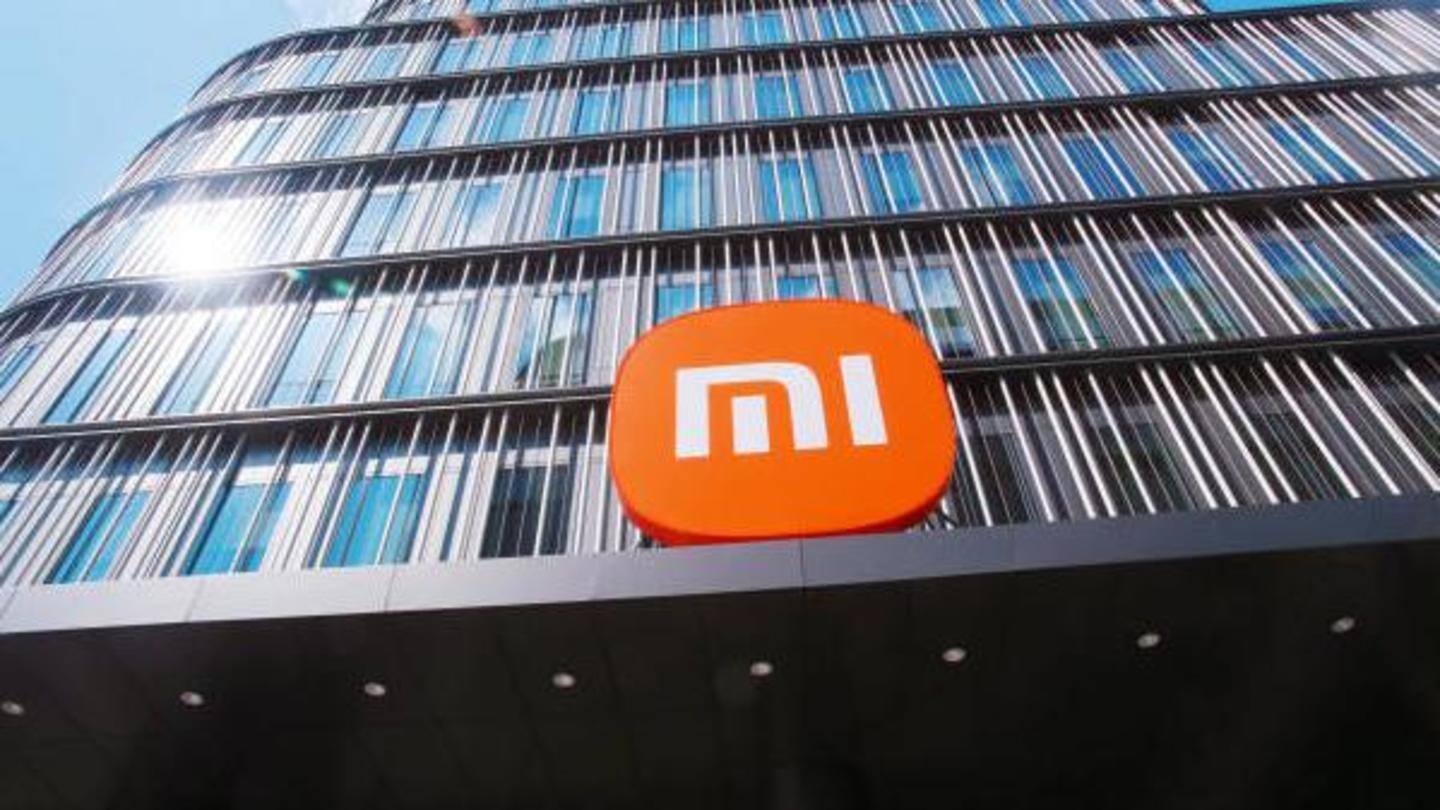
Karnataka HC stays ED's seizure of Xiaomi's assets: Details here
What's the story
In a huge relief to Xiaomi India, a vacation bench of the Karnataka High Court ordered an interim stay on the seizure of its assets worth Rs. 5,551.27 crore by the Enforcement Directorate (ED).
The bench comprising Justice Hemant Chandangoudar issued notices to respondents, including the Finance Ministry and ED officers.
The company's assets were seized under the Foreign Exchange Management Act (FEMA), 1999.
Context
Why does this story matter?
Xiaomi—China's top mobile maker with a massive market share in India—received a jolt when the ED seized the company's Rs. 5,551.27cr-worth assets last month.
The HC order is a small win for Xiaomi India, which has been reeling from the seizure's effect.
Notably, the Income Tax Department earlier raided Xiaomi and some other Chinese companies over alleged tax evasion—which China described as "politically motivated."
Details
ED accuses Xiaomi of violating Section 4 of FEMA
Xiaomi India's assets were seized by the ED vide order dated April 29. It accused the company of remitting large sums of money to three foreign firms on the pretext of royalty.
According to the ED, Xiaomi had not obtained any services from these overseas companies and the remittances were in violation of FEMA's Section 4.
The provision prohibits the transfer of foreign exchange.
Petitioner's arguments
Xiaomi questioned legality of ED's action in court
In the HC, Xiaomi contended the ED's seizure has made it unable for the company to pay wages.
It also submitted that payments made to three foreign companies were not in contravention of Section 4 of FEMA as the same was held lawful by the Income Tax Department.
The petitioner also questioned the non-existence of scrutiny of similar payments made by other phone manufacturers.
Order
The interim stay only allows day-to-day expenses
Allowing Xiaomi's petition, the Karnataka High Court passed an interim stay on the ED's seizure. However, the firm will be able to operate its bank accounts only for carrying out day-to-day activities.
Notably, the interim stay does not confer the company any right to make offshore payments.
The next hearing in the matter will take place on May 12.